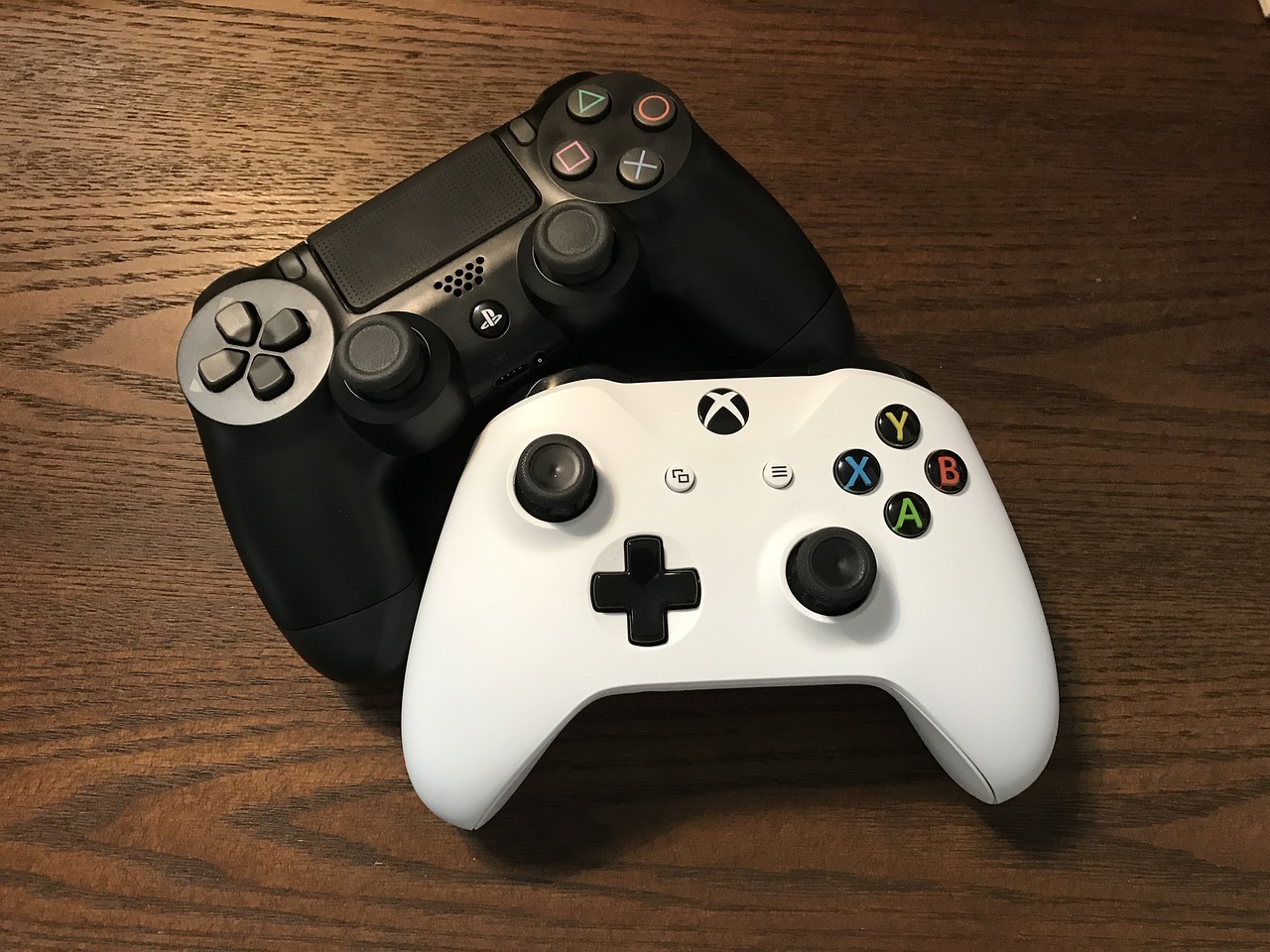Video games have been working on becoming as realistic as they can – from well-detailed avatars to micromanaged settings – everything is taken care of. The setting of the game plays an important role in setting the tone for the game, and the amount of work put into even the most irrelevant of things in the background is what gives away the quality of a game.
If you are a regular to a lot of games, then you might have noticed how games feature made up brands in their games that somehow remind you of brands in real life. Copyright rules stop them from using the real ones, but real ones are more often than not the inspiration behind the brands in the video games.
Based on that idea, Betway eSports has a whole study on the brands known as the “Brand Theft Auto.” How clever is that? It instantly reminds you of “Grand Theft Auto,” doesn’t it? It’s a play on words and also an accurate representation of their work on chalking up the value of fictional video game brands by stacking them up against their real-world equivalents.
When I was a kid, I often wondered why don’t people create products under the fictional brands in the games – that would be a smart thing to do, right? No need for marketing and publicity – a popular brand before it even exists. I was a kid and didn’t know much about copyright infringement and stuff, but it surely fascinates me to think about what the brands would be worth in real life.
How their scoring system works is that they use data from real-world reference brands and apply it to each video game brand to figure out how successful each company would be. The scores are based on net worth, company age, and sales, among others.

Based on this data, the top 10 successful in-game brands are as follows:
- eCola (GTA)
- The Smokin’ Beef Grill (GTA)
- Nabcom (Doom)
- Gozuski (GTA)
- Virility (Devil May Cry)
- Nuka Cola (Fallout)
- Umbrella Corporation (Resident Evil)
- TranStar (Prey)
- Abstergo (Assasin’s Creed)
- Red Rocket (Fallout)
Five most successful brands based on their net worth:
- Red Rocket, which is a chain of filling and service stations for pre-war vehicles (Fallout), valued at $189bn with its real-world equivalent being BP
- Umbrella Corporation, which is a large company selling lots of different products (Resident Evil), valued at $131bn with its real-world equivalent being Unilever
- VLADOF, which is a weapons manufacturer (Borderlands), valued at $124bn with its real-world equivalent being Lockheed Martin
- Power Cola, which is a brand for full sugar, caffeinated soft drinks (Two Crude Dudes), valued at $89bn with its real-world equivalent being Pepsi
- Nuka Cola, which is a cola brand (Fallout), valued at $79bn with its real-world equivalent being Coca Cola
Most successful brand categories in the games appear to be restaurant, gaming, beverage, business, and tech – in that order. The data can be further broken down into in-game brand net worth per employee and top in-game employer. Most well-established brands in-game can also be determined through the real-life equivalent data.
Most valuable in-game brands overall are Doom ($131bn) followed by Two Crude Dudes ($124bn), Borderlands ($89bn), Resident Evil ($68bn), and Fallout ($3.57bn).
Based on Google AdWords data, the most googled in-game brands are:
- TranStar (Hi-Tech Corp in Devil May Cry) at 49,820 searches p/m
- Nuka Cola (Soft Drink Brand in Fallout) 41,380 searches p/m
- Umbrella Corporation (Products Company in Resident Evil) 16.400 searches p/m
- Red Rocket (Energy Business in Fallout) 10,900 searches p/m
- Virility (Energy Drink in Devil May Cry) 1,400 searches p/m
Interesting to me was the most valuable in-game brands overall and also most googled in-game brands. I definitely was the person who googled the brands to see if they existed. Data, sources, and comparisons like these are what keep my nerdy little brain occupied at all times.
Alternatively, you can also check best hidden object games list from 2019 – a list full of games designed to improve your patience and your attention to details.

